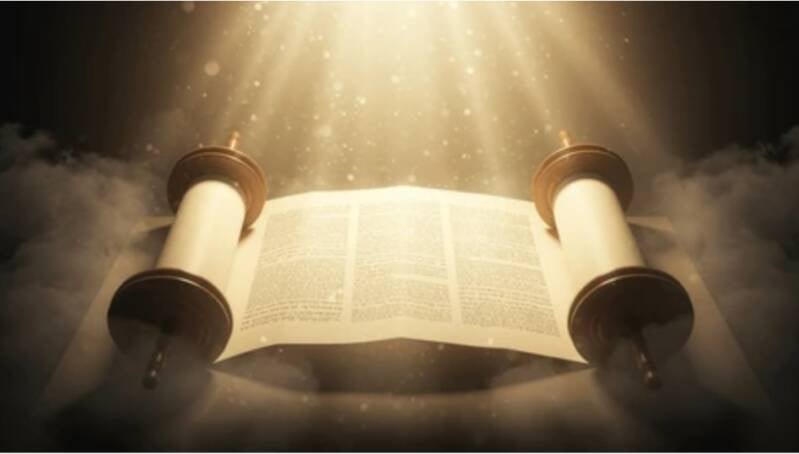
Light in the Darkness
The Torah was given to us in a time of prophecy, through a revelation of HaShem and brought truth to the world.
When the light faded and their was darkness, the makom of Torah was coming from Shamayim, to the hearts and souls of Klal Yisroel, this transition to Torah Sheba'el Peh (Oral Torah ) made a huge shift in the relationship with Torah. Pirkei Avos is a record of this transition between our Sages, Klal Yisroel and the very first beginning of Jewish history.
The Mishnah tells us the tradition which is passed on from Moshe to Yehoshua and from there to every generation. It is not a story that ends there, it is a ongoing journey. Learning Torah Sheba'el Peh is an ongoing process that doesn't stop after seven years studying, it is a process which is constantly growing.
There is a connection between the Oral Torah and hearing. The Oral Torah begins with the discussion of the laws of the Shema. When saying the Shema we cover our eyes, when we cannot see but only hear, and listening to put the pieces together. When we do this, we will get clarity, even in the midst of chaos and confusion. The truth which will lead us back to the Shema and then we can see the absolute Oneness of Torah.
To know everything, is not to understand everything, when studying we must connect everything we learn, turning the text as many times possible, which creates many possibilities. Devarim gives the answer, Moshe's Sefer, which connects him to the first four Seforim of Torah and expresses something unique from within himself.
The final eight pesukim in the Torah, which raises many questions, like the death of Moshe Rabbeinu. Moshe prophetically received and wrote the Torah. The Torah is an absolute truth, but how can Moshe have written about his own death while he was still alive? The Gemara gives us two solutions; Either Yehoshua has written the last eight pesukim after Moshe's death, or Moshe wrote these words b'dim'ah. But the answers raises even more questions. How was it even possible that Yehoshua has written the last eight pesukim?
This goes against the principles of Judaism as Moshe received the entire Torah, a complete Torah from HaShem on Har Sinai. When we accept the other answer, how does Moshe wrote the pesukim with tears, how does this solve the problem?
When writing with tears is to believed writing, then Moshe did write the last eight pesukim, but if the writing is not to be believed writing, then Moshe didn't write them. The Vilna Gaon did find a solution to this problem, by succesfully putting these two answers together.
As the word " dim'ah " means tears, but it does also refers to mixture. The Rambam explains in his commentary on Bereishis, that the entire Torah is one connected Sefer, extended Shem HaShem.
When Moshe written the Torah, he left the final eight pesukim as dim'ah the mixture of letters and packed it in a separate form, a final form. The last eight pesukim were written both by Moshe and Yehoshua, documented by Moshe, and finalized by Yehosua.
Moshe journey, however, was coming to an end, the leader of the Jewish people, a long- life mission without entering the Promised Land.
The final moments, before ascending Har Nebo, his path, his mission and purpose came to an end. His final words in tears, leaving it to Yehosua to clarify.